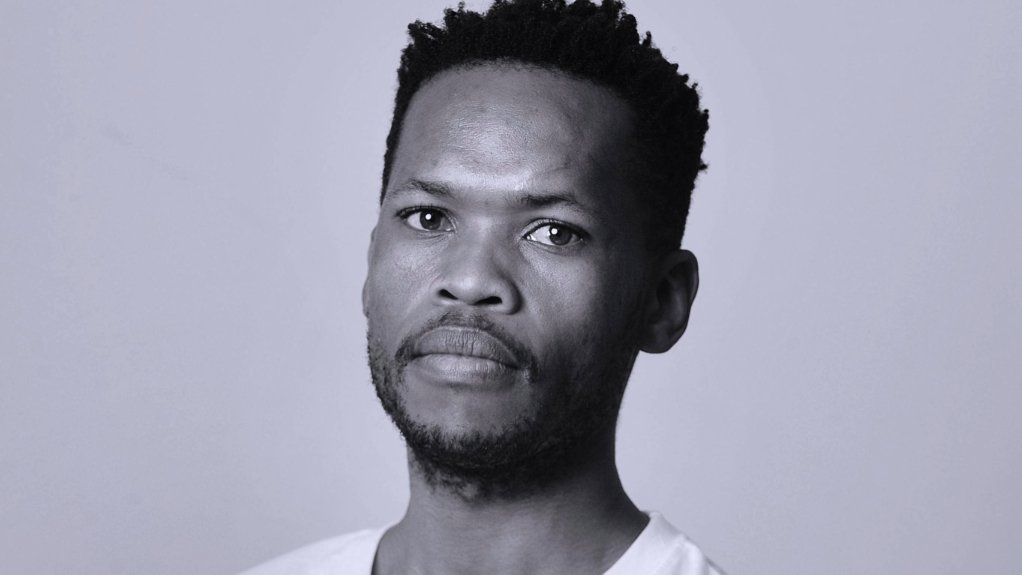October 2, the birthday of Mahatma Gandhi, marks the International Day of Non-Violence, a global call to action for peaceful conflict resolution and social change. As communities worldwide grapple with governance issues, service delivery protests, and leadership concerns, the question arises: How can non-violence be maintained when frustration boils over?
The International Day of Non-Violence is a global call to action for peaceful conflict resolution and social change. Declared by the United Nations in 2007, this day commemorates Mahatma Gandhi's birthday and his philosophy of non-violence (Ahimsa). Non-violent marches and protests have historically driven social change, from Gandhi's Indian independence movement to the American civil rights movement. Peaceful assembly allows communities to express dissent, bring attention to critical issues, and push for reform.
However, non-violent marching offers a transformative alternative. By embracing peaceful protest, communities can amplify their voices without harming others, bring attention to critical issues, and push for reform without perpetuating cycles of violence.
However, when communities feel neglected or marginalized, frustration can escalate into violence. For example, service delivery protests in South Africa have seen communities clash with authorities over basic services like water and electricity; anti-government demonstrations in Hong Kong, where protesters have faced police brutality; and the Black Lives Matter movements in the United States, highlighting systemic racism and police violence.
To balance protest with peace, consider organized, permitted marches and rallies, clear, focused messaging and demands. Peaceful civil disobedience, like sit-ins or boycotts, engages authorities and stakeholders in dialogue. Utilizing social media for awareness and mobilization.
Governments must listen to community concerns and respond promptly, address systemic issues driving protests, ensure police forces prioritize de-escalation and proportionate response, and foster inclusive decision-making processes. Activists must educate themselves on non-violent protest methods, support local organizations promoting peace and social justice, engage in constructive dialogue with leaders and officials, and advocate for policy reforms addressing root causes.
Mahatma Gandhi's Ahimsa philosophy emphasized compassion, empathy, and understanding. His methods inspired movements worldwide, demonstrating that non-violence can challenge unjust systems, empower marginalized communities, and fostering sustainable change. This day serves as a call to action, reminding us that peaceful protest is a fundamental human right, non-violence can resolve conflicts effectively, and community empowerment is key to social change.
Organize peaceful marches and rallies, host workshops on non-violent conflict resolution, engage in community service and volunteerism, and advocate for policies promoting peace and social justice. This day serves as a reminder that peaceful protest is a fundamental human right, non-violence can resolve conflicts effectively, and community empowerment is key to social change.
Communities worldwide, particularly those experiencing governance issues, service delivery failures, and leadership concerns, such as those taking place in India, the United States, South Africa, Hong Kong, and many other countries, must organize peaceful marches and rallies, host workshops on non-violent conflict resolution, engage in community service and volunteerism, and advocate for policies promoting peace and social justice. Non-violent marches and protests have historically driven social change. By embracing peaceful protest, communities can amplify their voices without harming others, bring attention to critical issues, and push for reform without perpetuating cycles of violence.
To maintain non-violence, consider organized, permitted marches and rallies, clear, focused messaging and demands, peaceful civil disobedience, engaging authorities and stakeholders in dialogue, and utilizing social media for awareness and mobilization.
As we commemorate International Day of Non-Violence, let us recommit to peaceful protest, empathy, and understanding. By embracing non-violence, we can create a more just and equitable world. Mahatma Gandhi's words echo through the ages: "An eye for an eye only ends up making the whole world blind." Let us choose peace.
Written by Thatoyaone Moepetsane, Activate! Change Drivers
EMAIL THIS ARTICLE SAVE THIS ARTICLE ARTICLE ENQUIRY
To subscribe email subscriptions@creamermedia.co.za or click here
To advertise email advertising@creamermedia.co.za or click here











